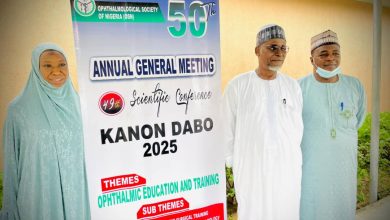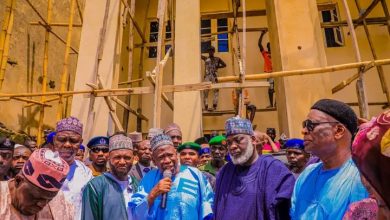Kano Strengthens Social Protection Policy with Stakeholder Engagement
Umar Idris Shuaibu, Kano
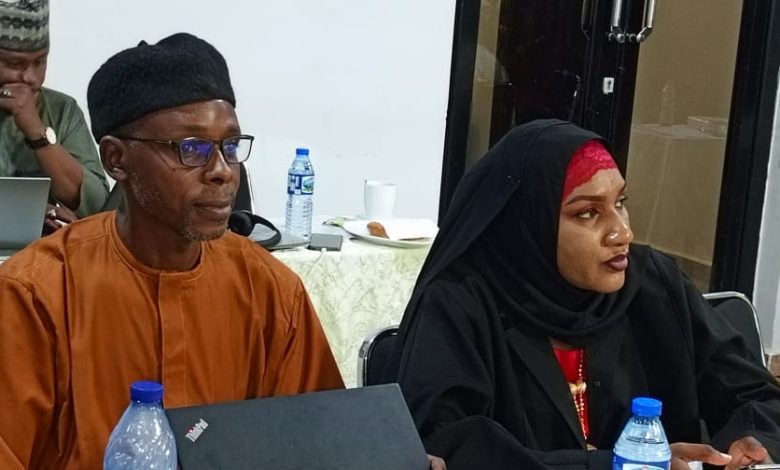
The Kano State Government has reaffirmed its unwavering commitment to implementing robust social protection programmes aimed at supporting the most vulnerable segments of its population.
This assurance was given during the day-two session of the Social Protection Technical Working Group (TWG) Review Meeting held in Kano, with key stakeholders from government ministries, civil society, development partners, and the media in attendance.
Speaking at the meeting, the Director General of the Kano State Social Protection Agency (KASPA), Dr. Fatima Abdul Abubakar, said the current administration of Governor Abba Kabir Yusuf is deeply committed to scaling up interventions in areas such as health, education, nutrition, agriculture, and water resources.
Related:
UNICEF, KASPA Forge Stronger Ties to Improve Social Protection Outcomes in Kano
“With the establishment of KASPA, we are now better positioned to coordinate all social protection interventions across line MDAs. Our goal is to ensure every programme is implemented with strong synergy and shared responsibilities to maximize impact,” Dr. Fatima stated.
She emphasized that the agency is working in close collaboration with development partners like UNICEF, civil society organizations, and the media to raise awareness and promote accountability in the delivery of services.
Also speaking, the Acting Permanent Secretary of the Ministry of Planning and Budget, Abdulmumin Ladan Ajumawa, explained that the session was focused on reviewing and updating the existing social protection framework enacted in 2021.
“The law passed by the State Assembly and signed by the Governor requires periodic updates. This review allows us to identify gaps and incorporate new priorities that were not captured in the original 2020 draft,” he said.
He noted that the Kano State Social Register has grown to cover over 1.7 million households, with more than 7 million individuals recorded as potential beneficiaries of government support and donor-funded programmes.
Ajumawa called on philanthropists and humanitarian organizations to make use of the verified data within the social register to provide targeted interventions that can help reduce poverty.
He highlighted some challenges affecting implementation, including limited public awareness, weak coordination among MDAs, inadequate funding, and data validation issues. However, he assured that KASPA and its partners are actively addressing these concerns.
Read Also:
VaxSocial Launches Digital Immunization Campaign in Kano
“We are now validating beneficiaries’ National Identification Numbers (NIN), account details, and phone numbers to ensure transparency and accountability in the system,” he said.
He added that funding prioritization is already underway, with the current government exceeding its initial 10% budgetary allocation to social protection efforts. Additionally, community engagement and media sensitization are being scaled up to highlight social protection as a life-cycle intervention, from pregnancy, through early childhood, and into adulthood.
In a technical presentation titled “Child-Sensitive Social Protection (CSSP): Gaps and Opportunities,” the Secretary of the Technical Working Group (TWG), Dalhatu Danladi who is from the Ministry of Planning and Budget outlined key achievements recorded under Kano State’s existing social protection framework.
However, he emphasized that significant challenges remain in fully realizing the state’s social protection goals. He advocated for the regular update and effective utilization of the State Social Register (SSR) to ensure more accurate targeting of beneficiaries. Addressing institutional gaps, Danladi highlighted the urgent need for capacity-building initiatives and a strong legislative framework to support policy implementation. He also stressed the importance of enhanced collaboration among stakeholders, especially across line Ministries, Departments, and Agencies (MDAs), Civil Society Organizations (CSOs), and development partners and media. Additionally, he underscored the need to align Kano’s efforts with national social protection strategies to promote greater impact.
The two-day session was developed with the full engagement of the media and Civil Society Organizations (CSOs), whose contributions played a critical role in identifying implementation gaps and proposing strategies to strengthen social protection delivery in the state.
Social protection refers to a set of policies and programmes designed to reduce poverty and vulnerability by improving livelihoods and access to essential services. It includes social safety nets, cash transfers, child welfare, and access to basic healthcare and education.
In Nigeria, the National Social Protection Policy (NSPP) provides a national framework, and Kano is among the leading states to have domesticated the policy and passed its own Social Protection Law.
The ongoing TWG review, supported by UNICEF Kano Field Office, aims to strengthen coordination and improve programme delivery across the state, ensuring that no one is left behind.
Photo News:
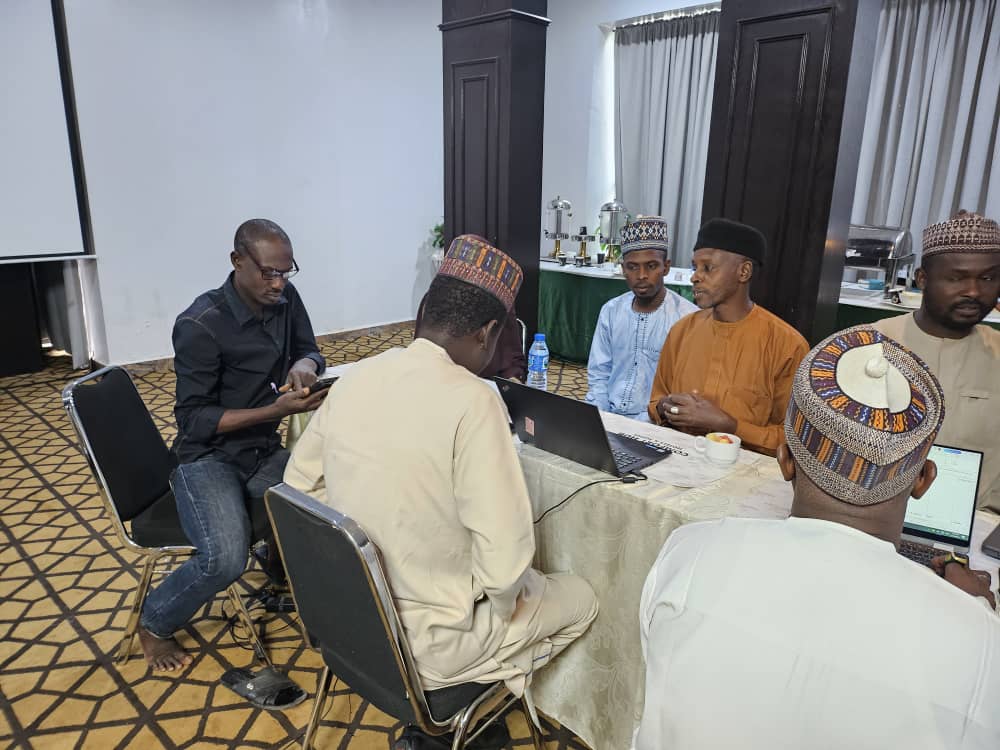
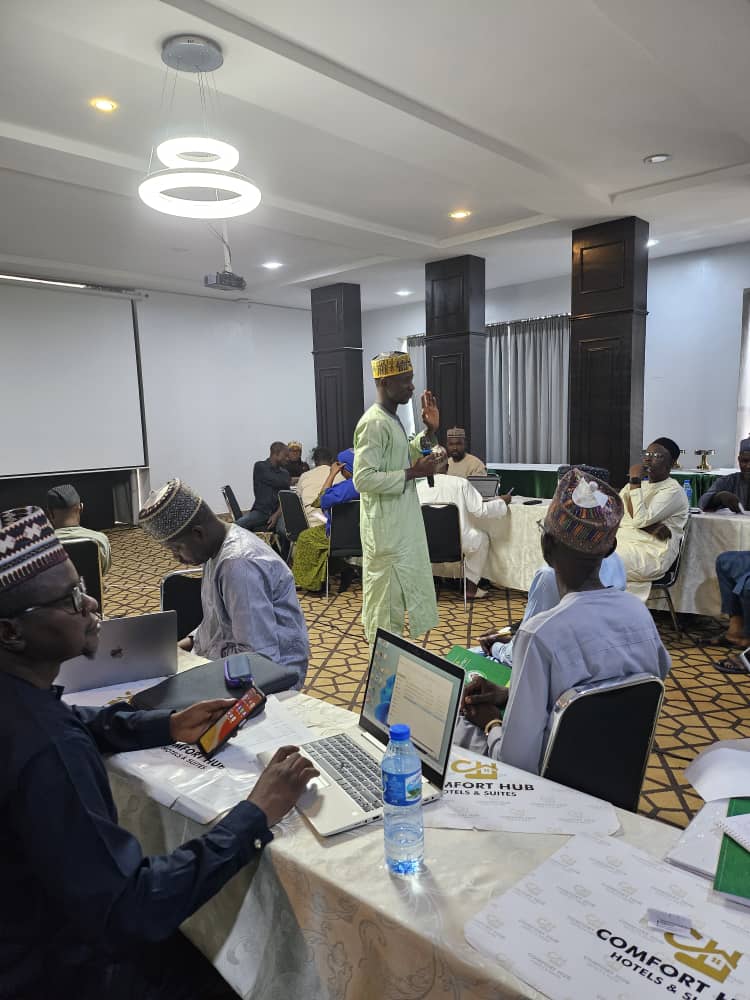
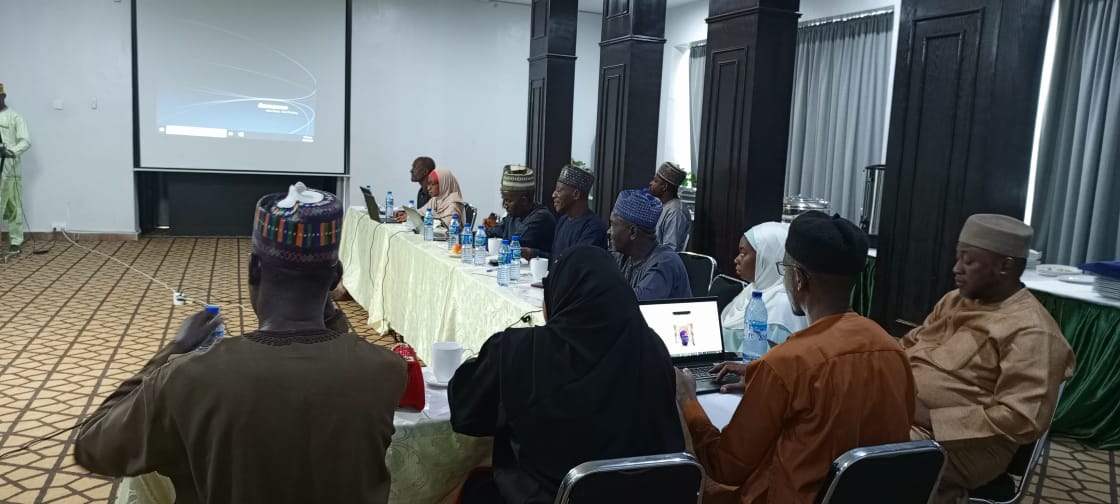
Stakeholders and participants during group work
